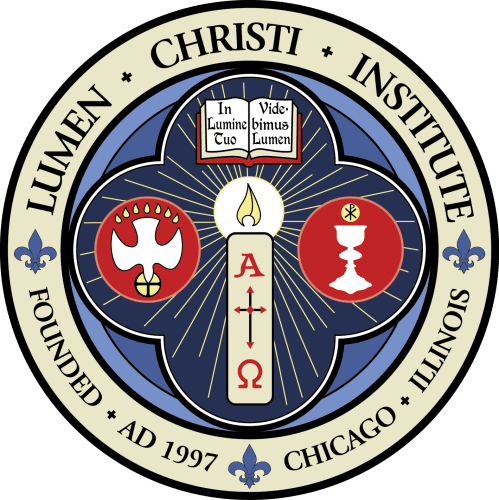All societies on earth today face the threat of the novel coronavirus, COVID-19. Nothing more need be said. We consume the same news, and many—virtually all—of us have had our lives disrupted, our economies paralyzed, and, most serious of all, public worship canceled. Our lives, our selves are undone.
As noted in my message to you last week, Cardinal Francis George, O.M.I., the late archbishop of Chicago, recognized the importance of relationships. “We come to know and to be ourselves in relationship to others and to God,” he said.
Our core relationships have also been affected the current health crisis, mediated by electronic media via telephone or internet. The exception is our relationship to God in our private prayer and in our spiritually communion in the Mass as our priests offer—behind locked doors—the Eucharist, which Cardinal George described as “a perpetuation of the Incarnation…the great sacrament of unity.”
It is scientists to whom we turn as authorities to guide us in practices that will stem the pandemic and as those who will deliver us with treatments and a hoped-for vaccine. The Director of the National Institute of Allergy and Infectious Diseases, Anthony Fauci—a practicing Catholic educated at Jesuit institutions, Regis High School and College of the Holy Cross—has earned our trust and a moral authority rare today among public figures. Emily Landon an epidemiologist at the University of Chicago gave remarks at a press conference with Illinois Governor J.B. Pritzker that drew the attention of the nation: “This virus is unforgiving. It spreads before you even know you’ve caught it. And it tricks you into believing that it’s nothing more than a little influenza.”
From the Enlightenment to the 19th century, there was a tendency to think that science and technology would provide all the answers. After the Manhattan Project—conducted by Enrico Fermi at the University of Chicago,—and after the dropping of the atomic bombs on Japan seventy-five years ago this August, science and technology came to be seen more ambiguously. There is even a risk today to delegitimize science or to adapt it to fit one’s ideology.
In his book The Difference God Makes, Cardinal George addressed the question in another way:
We live with a crisis of relationships, and also with a crisis of intelligence. Pope John Paul II addressed this latter crisis in Fides et ratio, explaining that the twin crises of atheism and moral relativism stem from a lack of confidence in human reason’s ability to arrive at the truth. It is not that we dismiss faith because we are so sure we have the truth; it is rather that we dismiss faith as a source of truth because nothing can give us the full truth. There is no absolute truth. In this view, even science, a construct that enables us to work in a pragmatic way to manipulate nature to our own purposes, is not true in a necessary way. The human intellect has lost confidence in its ability to know unchangeable truth. In the face of triumphant human reason at the end of the nineteenth century, the First Vatican Council taught that faith is not irrational. Ironically, at the end of the twentieth century, the Church is saying that faith must rescue reason from its own self-inflicted wound of skepticism. (p. 71)
From the beginning of The Lumen Christi Institute, we have devoted attention to the dialogue between science and religion fostered by Pope John Paul II, Cardinal Francis George, and—more recently—Pope Francis, who himself studied science in university. You can watch lectures of our recent events on science and religion here.
-Thomas Levergood, Executive Director
